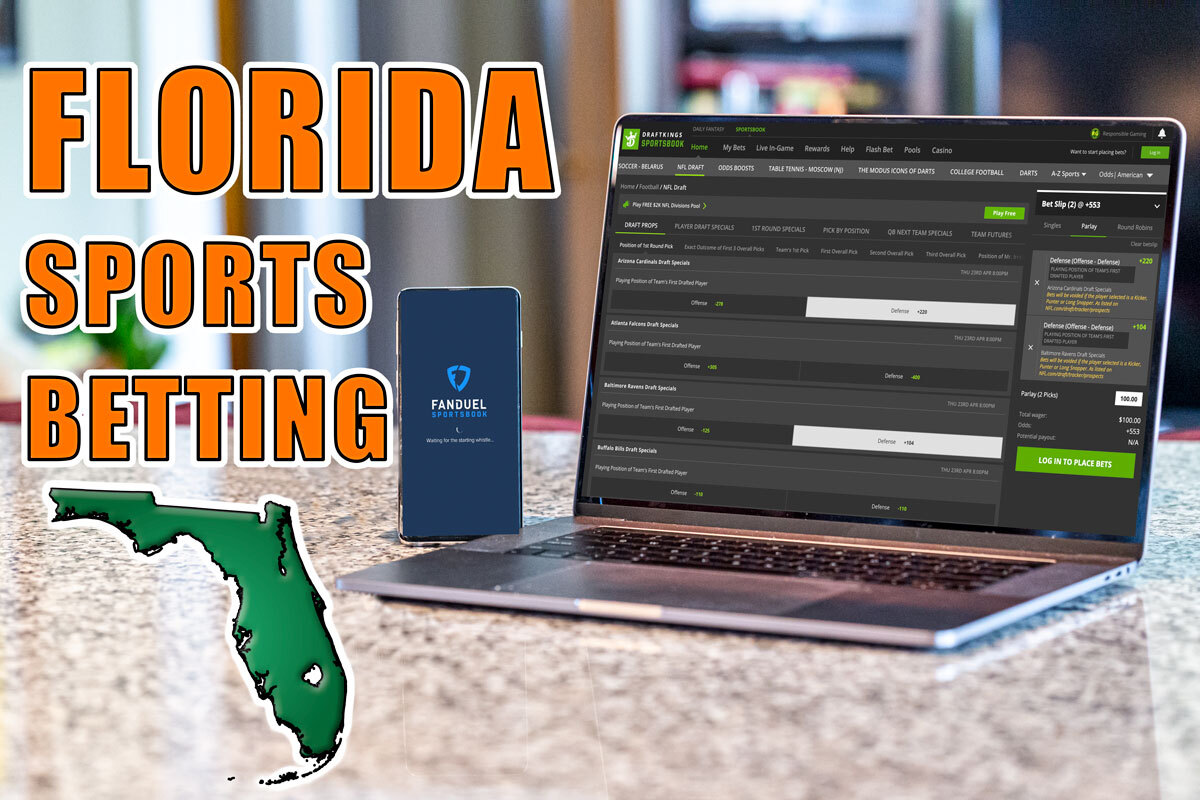
A new gaming compact that will allow for Florida sports betting has been signed by Gov. Ron DeSantis, according to several reports.
As first reported by Mary Ellen Klas of the Miami Herald, DeSantis signed the new compact today that will pave way for Seminole Tribe controlled sports betting in the state. House Speaker Chris Sprowls confirmed the signing this afternoon on the House floor. The legislature will approve of the compact in a special session for the week of May 17, according to Klas.
You can read the entire compact here.
It's official: @GovRonDeSantis is signing the gaming compact with the Seminole Tribe. The Florida Legislature will come back in special session for the week of May 17.
— Mary Ellen Klas (@MaryEllenKlas) April 23, 2021
Says House Speaker @ChrisSprowls "I have felt very strongly that that is not something that we were willing to take up during the course of the regular session. As we have a lot of policy for the people of Florida…and continues to be our focus over the next several days."
— Mary Ellen Klas (@MaryEllenKlas) April 23, 2021
Gov. DeSantis confirmed the signing later in the day.
I’m excited to announce the signing of a new compact between the State of Florida and the Seminole Tribe of Florida, which will generate the state $2.5 billion in new revenue over the next five years and $6 billion through 2030. https://t.co/6za6I0TmFz pic.twitter.com/uLV1YmsRkl
— Ron DeSantis (@GovRonDeSantis) April 23, 2021
Online sports betting will be included
As reported by Klas on April 22, the new deal will bring sports betting to Florida, allow the Seminole Tribe casinos to offer roulette and craps, and allow the expansion of tribal casinos at several locations. Florida sports betting will be effectively run by the tribes and the state will get a share of the sports betting revenues.
Florida online sports betting and retail sports betting are both included in the compact. Servers will likely be included on tribal property, but the consensus number of mobile skins has yet to be determined.
Klas added in her report that the tribe will act as a sports betting hub for booking agents who will be housed at professional sports stadiums, arenas, parimutuels and existing casinos. The state may see as much as a 55% share of the sports betting revenue in exchange for the tribe’s exclusive rights to run the program, she said.
The tribe will also be allowed to add up to three new casinos on existing tribal property. She notes these will likely be located in Hollywood, Tampa and Brighton.
As a final agreement in the compact, the Seminole Tribe will not stand in the way of legislation to allow Jeffrey Soffer to transfer his casino license to the Fontainebleau Hotel on Miami Beach, she wrote.
Florida sports betting was a matter of “when, not if.”
This comes several days after Senator Jeff Brandes (R-26) told Saturday Down South that Florida online sports betting was only a matter of “when, not if.” Brandes did caution that the state should think carefully before handing over exclusive sports betting rights to the Seminole Tribe.
“I believe giving everything to the tribe would be a mistake for the state and we should look at a variety of different vendors for different types of gaming,” he said.
Brandes previously floated his own bill, SB 392, which circumvented Seminole Tribe participation in the online sports betting program by running sports betting purely through the state’s lottery. A related bill proposed by Brandes, SB 396, set an online sports betting license at $100,000, renewal fees at $100,000 and a 15% tax on sports betting revenue in the state.
Robert is an expert on sports betting in the United States, specifically the legalization process and regulation surrounding the industry.







